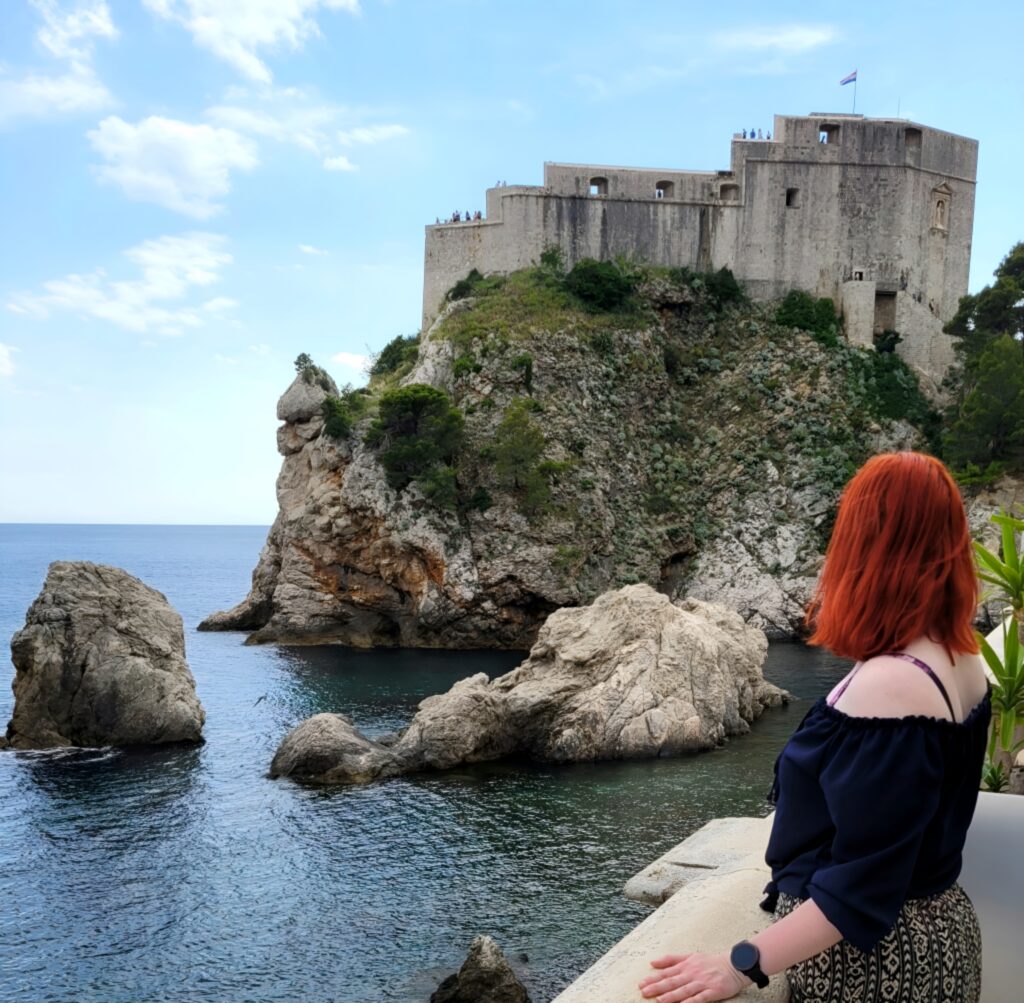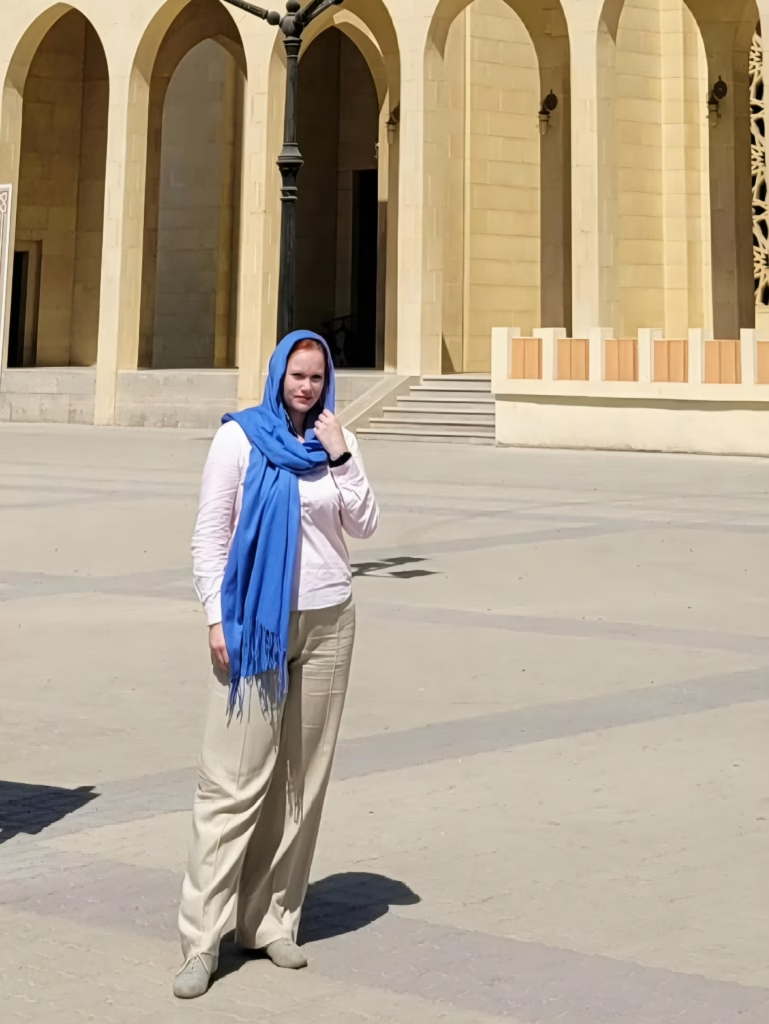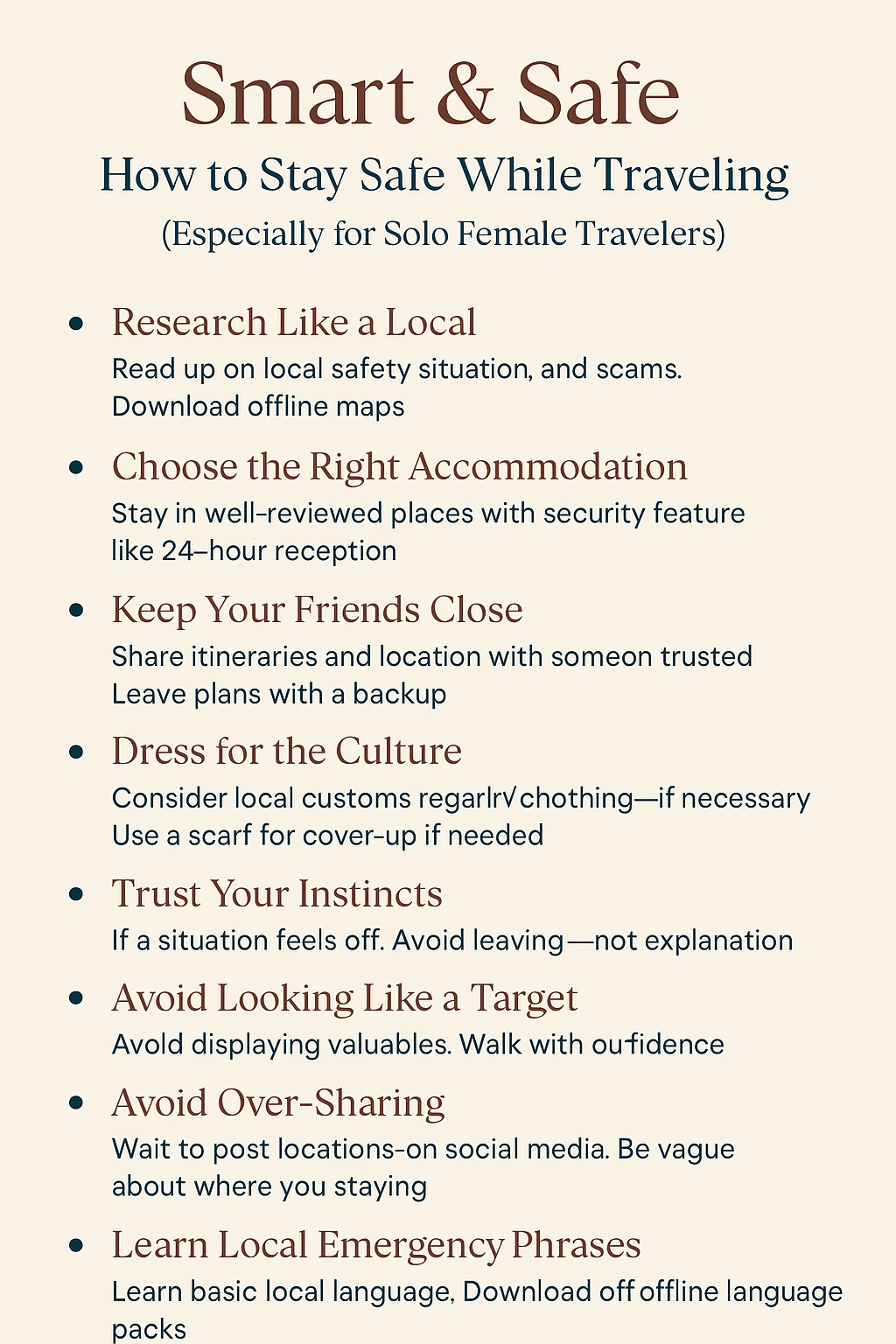Table of Contents
Whether you’re jetting off on a solo weekend trip or backpacking through Europe for a month, safety is the cornerstone of a great travel experience.
While social media makes travel look carefree, the reality is that smart planning and situational awareness are what keep trips enjoyable and stress-free—especially if you’re a solo female traveler.
In this post, we’re diving deep into actionable safety tips that apply to everyone, with special guidance for women navigating new places alone. Think of it as your travel-savvy big sister’s guide to staying safe on the go.
1. Research Like a Local, Plan Like a Pro:
Before you even book your flights, do a quick safety check of your intended destination. Is the city walkable after dark?Are there any known scams targeting tourists?What neighborhoods should you avoid? Tip: Join local Facebook groups or Reddit threads (like r/solotravel or r/travel) to get first-hand, up-to-date advice from fellow travelers. You’ll often find advice that never makes it into guidebooks.
2. Also, download offline maps (like Google Maps or Maps.me)
in case Wi-Fi is sketchy. Mark your accommodation, the nearest police station, and embassy if you’re abroad.
3. Choose the Right Accommodation:
Your accommodation can make or break how safe you feel, especially if you’re arriving late or staying alone. Here’s what to prioritize: Good reviews from solo female travelers, 24-hour front desk or easy check-in, secure location—avoid isolated properties, even if they’re cheaper. Check local hotspots: a hotel near the main station in a major city may sound amazing,but sometimes these areas are rather unsafe to walk the streets in after dark. Pro tip: Email your hotel or host in advance with your expected arrival time and ask about the neighborhood. Bonus: many hotels will offer airport pickup if you ask.
4. Keep Your Friends (and Backup Plans) Close:
Always share your travel itinerary with someone you trust. Whether it’s your partner, parent, or best friend, let them know:Your accommodation details. your flight/train times, a general idea of your daily plans, apps like Life360 or Google Maps location sharing can help your loved ones feel reassured. And yes, always have a backup plan. If your phone dies or you lose your way, have these: A physical map or printed address, emergency cash stashed separately, backup copies of your ID and passport (digital + printed)
5. Dress Smart (for You & the Culture):
This isn’t about policing your style—it’s about blending in and feeling comfortable in different settings. When in doubt, research local norms around clothing. In more conservative regions, covering your shoulders or legs can save you unwanted attention. A lightweight scarf can be your best friend: it dresses up an outfit, covers you in religious spaces, and even doubles as a beach wrap or pillow.Feeling confident and respectful of local customs doesn’t mean sacrificing your personal style—it means traveling with cultural awareness.
6.Trust Your Gut and Set Boundaries Early:
Your instincts are your best travel tool. If something feels off, excuse yourself, walk away, or decline politely—but firmly. Examples:If a taxi driver gives you a weird vibe, don’t get in. Walk away.If someone insists you “just come see this thing real quick,” say no. If you’re seated next to someone overly chatty on a flight or train, it’s okay to put your headphones in and disengage. Learning to say “no” clearly and kindly—without over-explaining—is a powerful safety skill. And yes, practice makes perfect.
7. Avoid Looking Like a Target:
You don’t need to dress like a local, but looking like a completely lost tourist can make you an easy mark. Smart habits: Don’t flash large amounts of cash or wear expensive jewelry, keep your phone tucked away while walking, walk with purpose—even if you’re a little lost, in transit zones (train stations, tourist squares, etc.) keep your bag in front of you, zipped, and ideally under your arm. A crossbody bag with anti-theft features is a smart investment.
8. Say No to Over-Sharing (in Real Life & Online):
We get it—you want to share that dreamy café or solo sunset hike in real-time. But wait until you’ve left the location before posting, especially if your profile is public. And in person: Be vague about where you’re staying and how long you’ll be in town. If someone pushes, say you’re meeting a friend or partner later—even if you’re not. You owe no one your full itinerary.
9. Have a “Get Out” Signal or Code:
If you’re traveling with others or meeting new friends, establish a signal for when you feel uncomfortable—like a text code word or phrase. Solo? Set up a fake call app or tell someone you have a check-in time that you “can’t miss.”It’s always okay to prioritize your gut feeling over being polite.
10. Learn a Few Local Phrases (and Key Emergency Words):
Even just knowing how to say “help,” “I need a doctor,” or “where is the police station?” in the local language can be incredibly helpful. Apps like Google Translate now allow you to download entire language packs offline. Flashcards or printed emergency phrases are a great backup.
11. Stay Sober-ish and Aware:
You don’t have to avoid alcohol entirely while traveling, but know your limits—especially when you’re alone. Order your own drinks, watch them being made, never leave a drink unattended. If you’re going out at night, pre-plan your route home and avoid walking in unfamiliar areas alone. Consider taking a registered taxi, Uber, or Bolt, depending on what’s safest locally.
12. Use Local Emergency Numbers + Smart Tech:
Save the local emergency number in your phone (it’s not always 911!) and download safety apps like: Smart Traveler (for alerts and embassies), Noonlight (sends silent emergency alerts), TripWhistle (global emergency numbers). These small steps can give you peace of mind when you’re exploring unfamiliar ground.
Own Your Power—Travel Confidently! Traveling solo doesn’t have to mean being afraid—it just means being smart and aware. Most people are kind, helpful, and respectful. But having safety systems in place lets you explore with confidence, joy, and freedom. So whether you’re sipping espresso in Budapest or hiking in the Scottish Highlands, you deserve to feel safe doing what you love.



Schreibe einen Kommentar